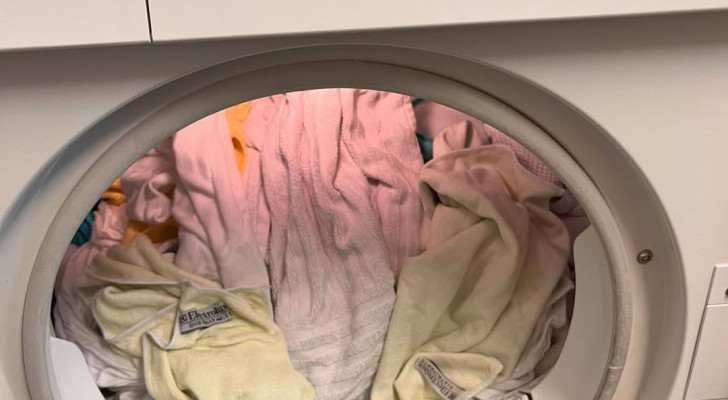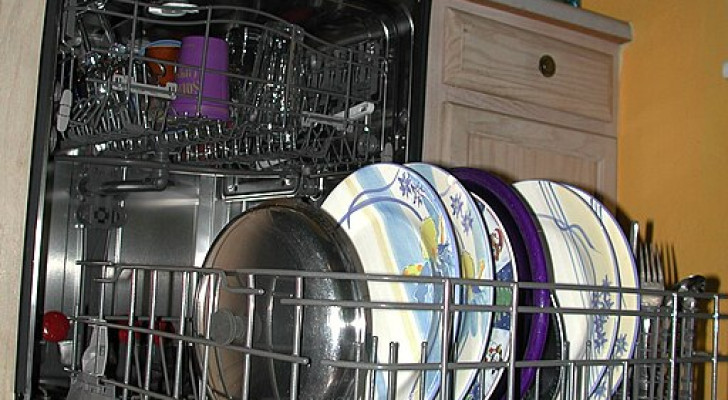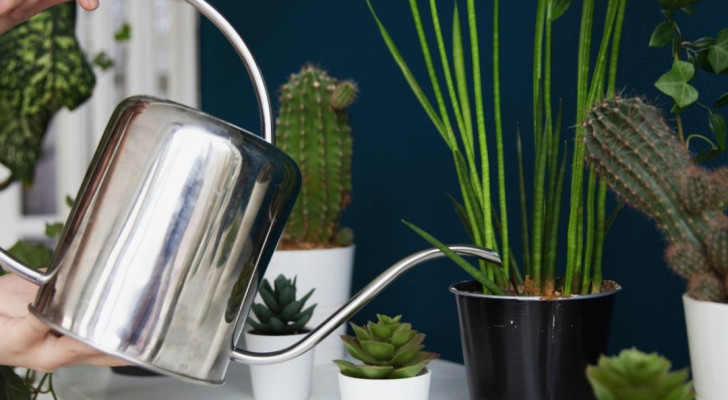Fabric softeners: find out here when it's best to avoid using this product
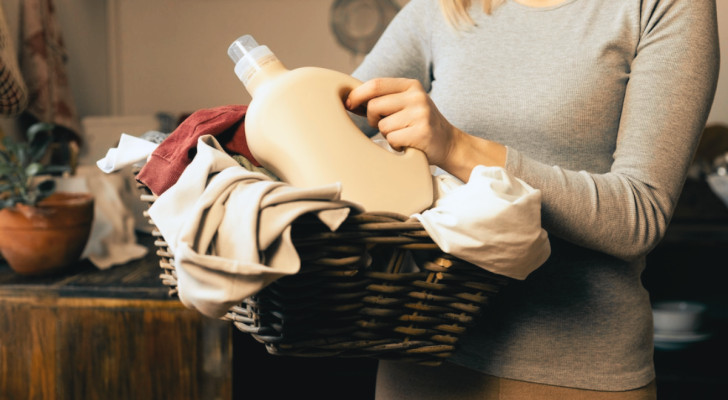
Some items we wash need a "little help" from a fabric softener to come out of the machine in the condition we'd like. But are you sure about when it's best to use (or not to use) fabric softener? Let's find out more about this topic:
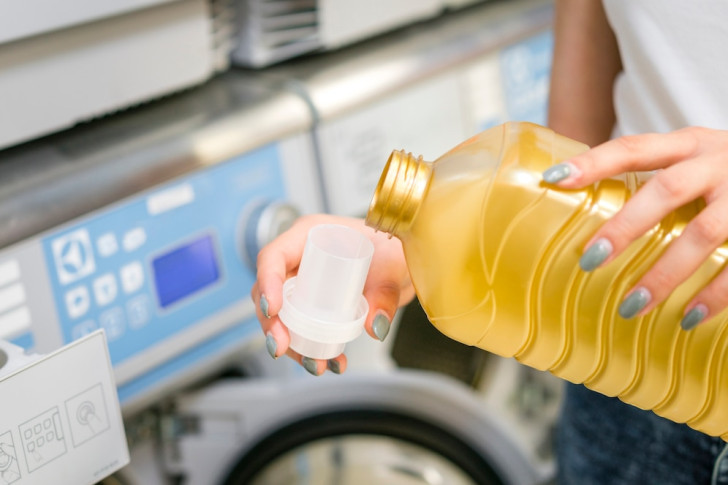
Freepik
Whilst it is true that fabric softeners perfume and soften laundry, it is also known that they are not very eco-friendly products (with a few exceptions). Given this, knowing when to avoid using a fabric softener and/or using effective, eco-friendly alternatives, is well worth knowing about.
No fabric softener for towels
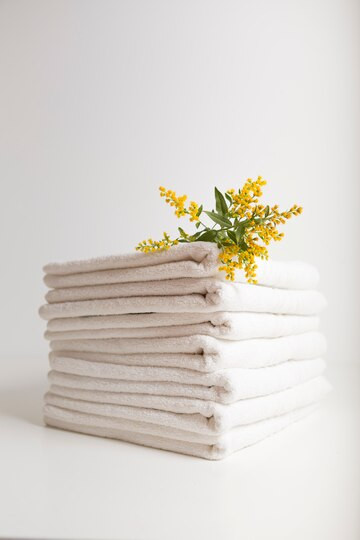
Freepik
This statement might seem counter-intuitive: after all, what better item to use a fabric softener on than a towel? Well, for starters, always using fabric softeners on towels ends up reducing their absorbency properties.
Fabric softener residue gradually builds up in the fibers of towels, making them feel harder, reducing their absorbancy power and they may even start to smell. When this happens, you may be tempted to increase the dosages of fabric softener you use (when, in fact, you need to do the exact opposite!).
So, what can be done? Well, instead of a fabric softener, use white vinegar or mild bleach. And if you really want to use a fabric softener on your towels, do so infrequently and using minimal doses!
No fabric softener for sportswear
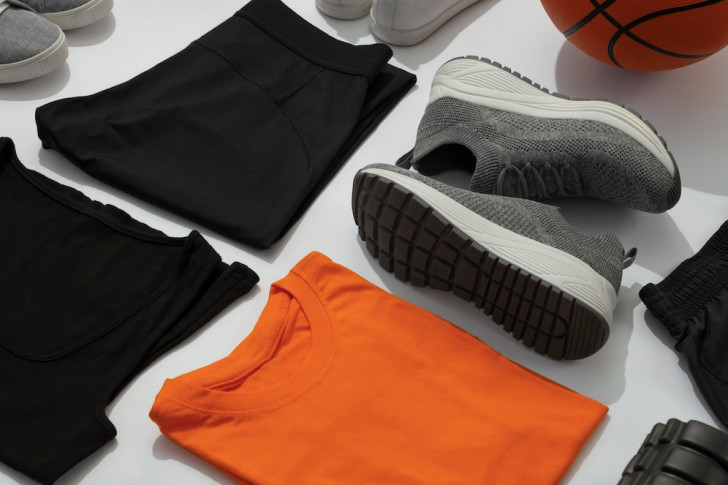
Freepik
This "ban" is actually only a partial one, limited to sports garments made from breathable fabrics designed to absorb sweat and ensure it evaporates away from skin more easily (aka "wicking"). Fabric softeners however, deposit a thin film of residue on these garments, compromising their wicking function.
Other cases in which to avoid using fabric softener
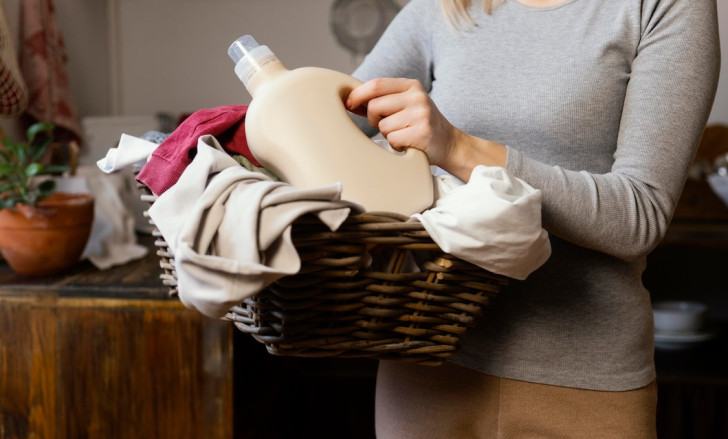
Aside from the foregoing, there are other types of garments or items for which the use of fabric softener could be damaging:
- Microfiber items: fabric softeners significantly reduce microfiber items abilities to absorb liquids and pick up dust.
- Water-repellent fabrics: using fabric softeners on these garments could compromise their water-repelling properties.
- Fireproof garments: the residue left by fabric softeners can undermine the flame retardant function of these garments (be they for work or for children).
Alternatives to try out
Depending on the fabric of the garments to be treated, you can use white vinegar or a mild bleach as fabric softeners. These products will dissolve dirt between the fibers of the garments - including any detergents and fabric softener residue - making the garments softer. They are also effective in removing unpleasant odors from garment.
If you like the scent you get from using fabric softeners, you can get a similar result by using a few drops of essential oil (such as lavender, mint or lemon/orange essential oil). These scents can be prepared as sprays to spray on clothes that are still damp; alternatively, you can even add 3-4 drops of an essential oil you like to the detergent you use when putting on a wash.
Do you try to limit your use of fabric softeners?
